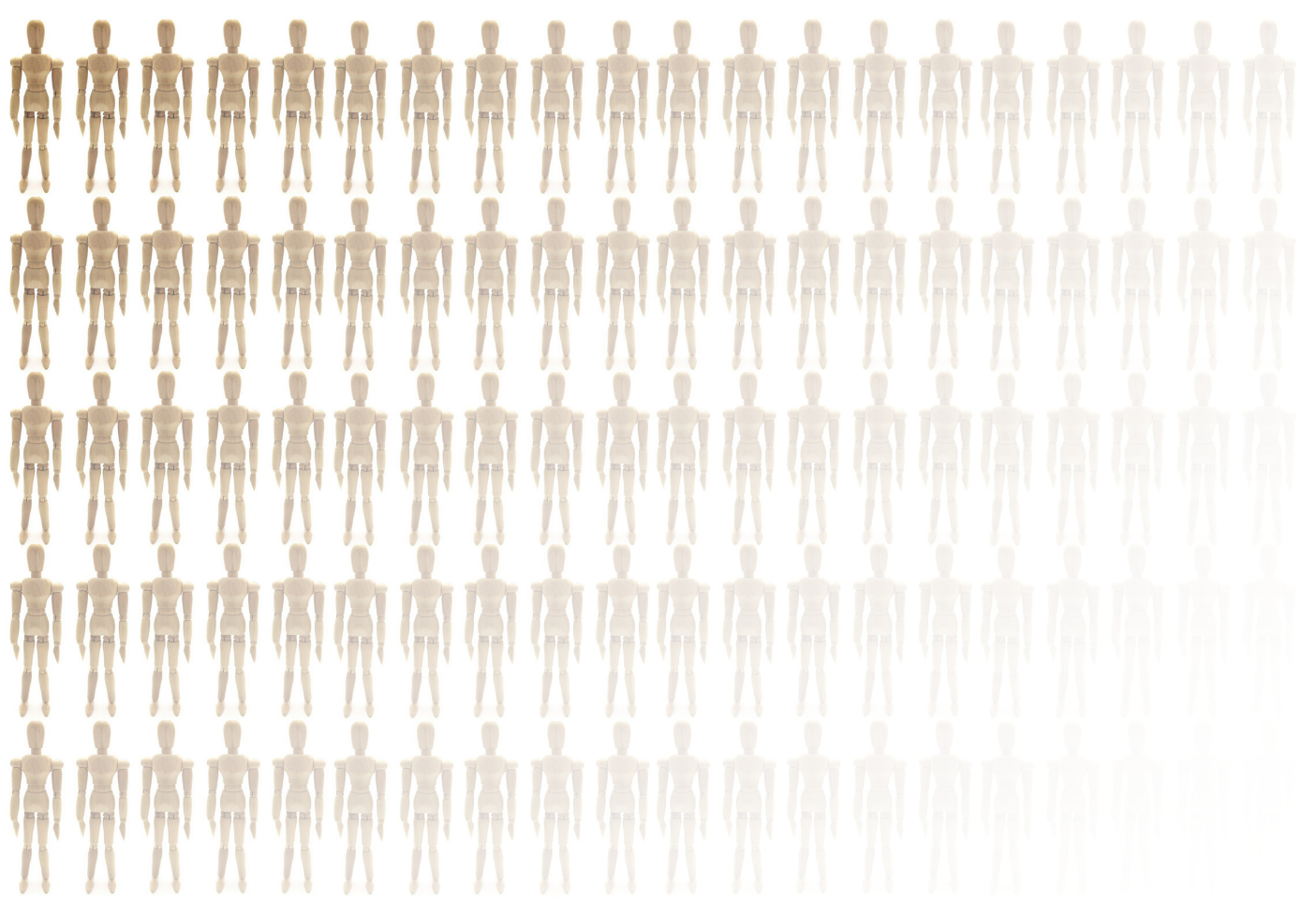Cybersecurity Considerations for Connected Medical Devices and the “Internet of Medical Things”
Cybersecurity for IOmT connected medical devices. Advancements in technology of the past few decades has led to the development of devices capable of connecting to one another via networks such as Wi-Fi and Bluetooth, allowing them to create, transmit and receive data between one another. Medical technology (Medtech) companies have utilised these features to develop connected medical devices. These devices…

